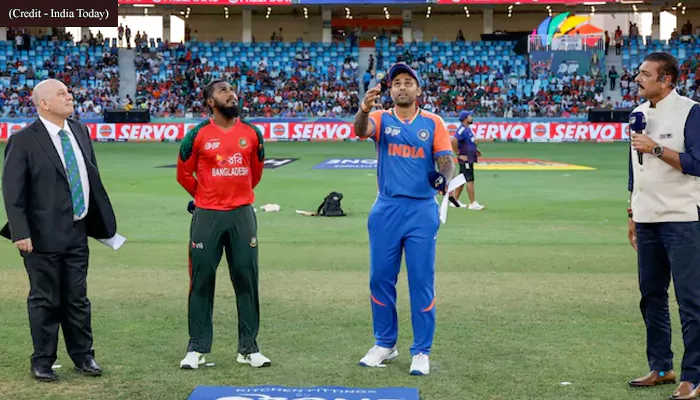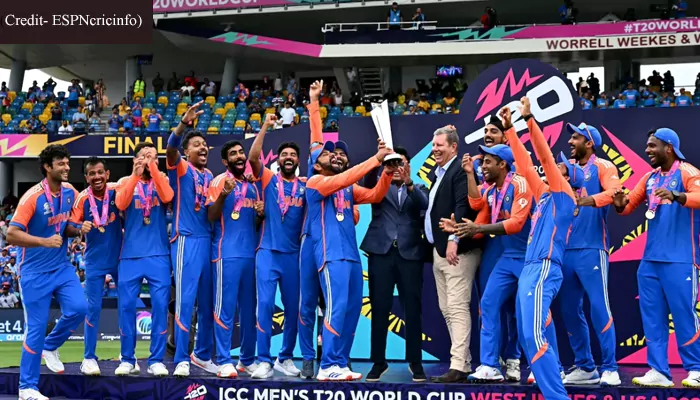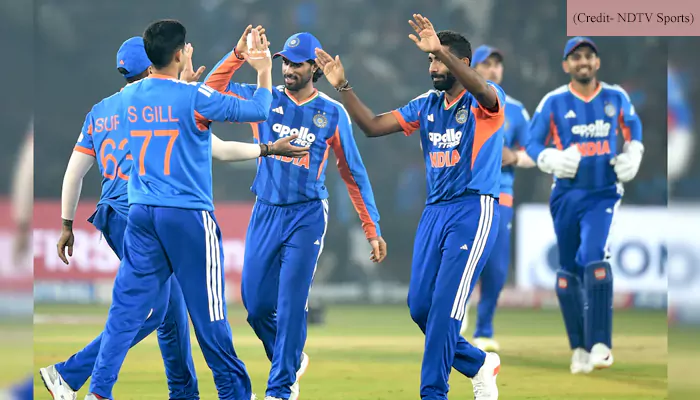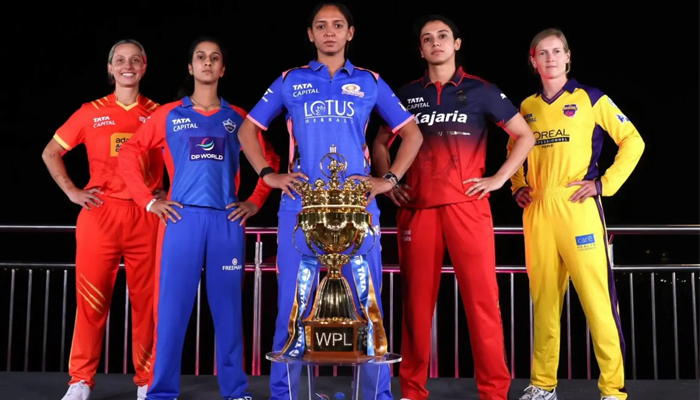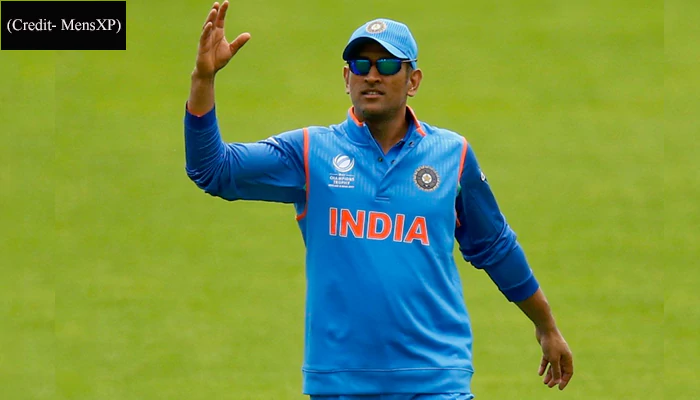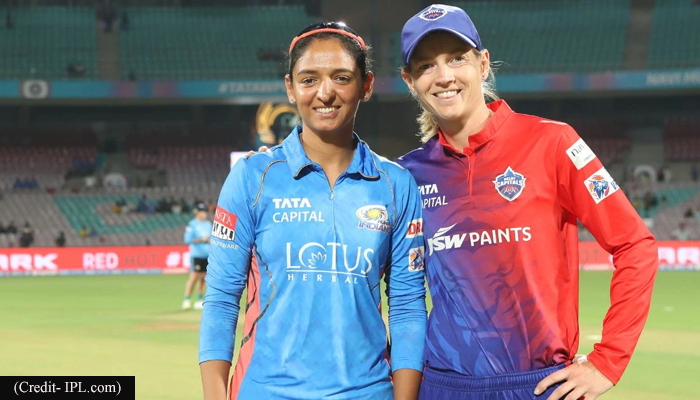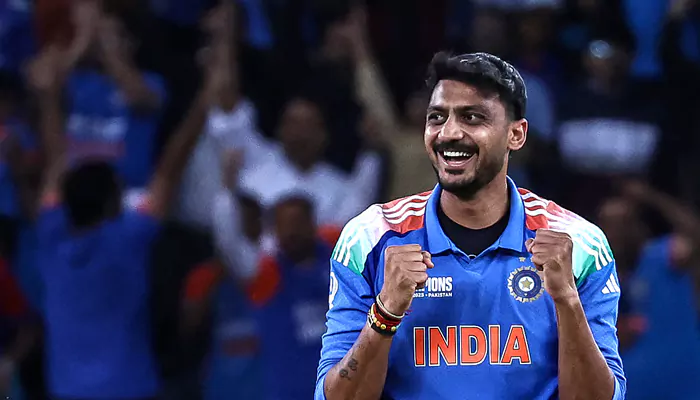79 Years of Indian Sports: Mohun Bagan Against British Imperialism, One of India's First Victories Against Its Colonisers
- Rohit Chatterjee
- 5 months ago
- 3 minutes read
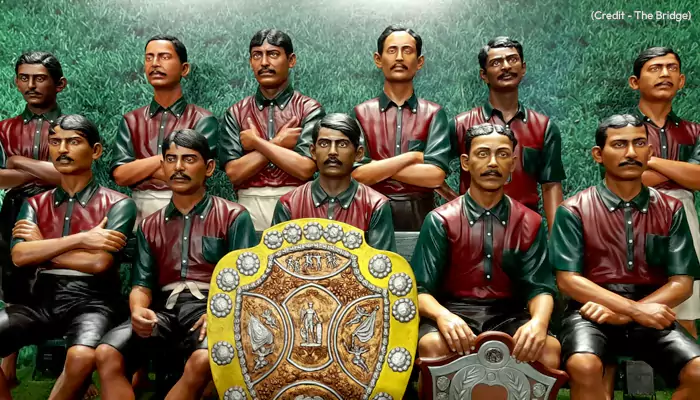
Nearly 1,00,000 people from various parts of the country reached the Maidan in Kolkata (then Calcutta), for it was not merely a football match but a battle between India and the British regime
It’s been 79 years since India snatched its freedom from the British regime in 1947 in this very month of August, i.e., August 15. Since then, the country has made significant progress in various fields, to the point where India now dominates other countries, including England, in several fields, including cricket—a game that is often claimed to have been invented by the English.
However, India was not always a cricket-crazy nation. To be honest, the game took off in the nation after India won its first World Cup in 1983; even back then, supporting grassroots talent wasn’t the norm, but once they became heroes, they were provided with everything. That’s how cricket boomed in the country.
Before cricket, India was a nation that played football and hockey, especially in the pre-independence era, when several Olympic medals were won in hockey. In the meantime, Indian football clubs emerged to provide support for their players.
One of those clubs was Mohun Bagan, formed in 1889, which gave India one of its first victories against the Britishers on the sporting field, decades before the country gained its freedom in 1947.
Showdown at Maidan

(Credit- Tripoto)
On 29th July 1911, nearly 100,000 people from various parts of the country, ranging from Patna to Dhaka (undivided India), gathered in Kolkata’s maidan to witness the showdown between Mohun Bagan and the East Yorkshire Regiment for the IFA Shield Final. The match was such a massive affair that the East Indian Railway had to arrange special trains and steamers to bring people from Rayganj and Baranagar. People climbed trees, telegraph posts, and even the terraces of nearby houses to view the game.
The game
Mohun Bagan was captained by Shibdas Bhaduri, whereas Sergeant Jackson captained East Yorkshire. The Bengali players, with no equipment or accessories, had to play barefoot against the English players who walked onto the pitch with spurs. However, the match, which lasted 50 minutes, became a tough battle for the English.

(Credit- Hindustan Times)
The first half remained goalless, but 15 minutes into the second half, Jackson lobbed the ball into the net to give Yorkshire a lead. However, Bhaduri quickly equalised, and the game once again went into a tussle with no outcome in sight. However, with two minutes left on the clock, Abhilash Ghosh scored the winner, and Mohun Bagan created a statement that stirred the British crown.
Why was this victory crucial?
Reuters, in its cablegram to England of 30 July 1911, had transmitted, ‘The scene beggared description, the Bengalees tearing off their shirts and waving them.’ This victory was a significant event because, merely six years prior in 1905, Bengal was partitioned into East Bengal (now Bangladesh) and West Bengal (now India). It was a time when the people of Bengal on both sides had anger, and therefore, football had become a tool of the freedom movement, a way of inflicting pain on the Britishers.

(Credit – NDTV Sports)
114 years ago, India tasted one of its first victories against the British regime on the field of football. As we celebrate the nation’s 79th Independence Day, it is time the youth of India start taking football more seriously because, unlike cricket, football is a much bigger and more global game, and it is through football that it can call itself a dominant game across the globe -- imagine India playing the FIFA World Cup against the likes of Brazil, Argentina and Germany.


